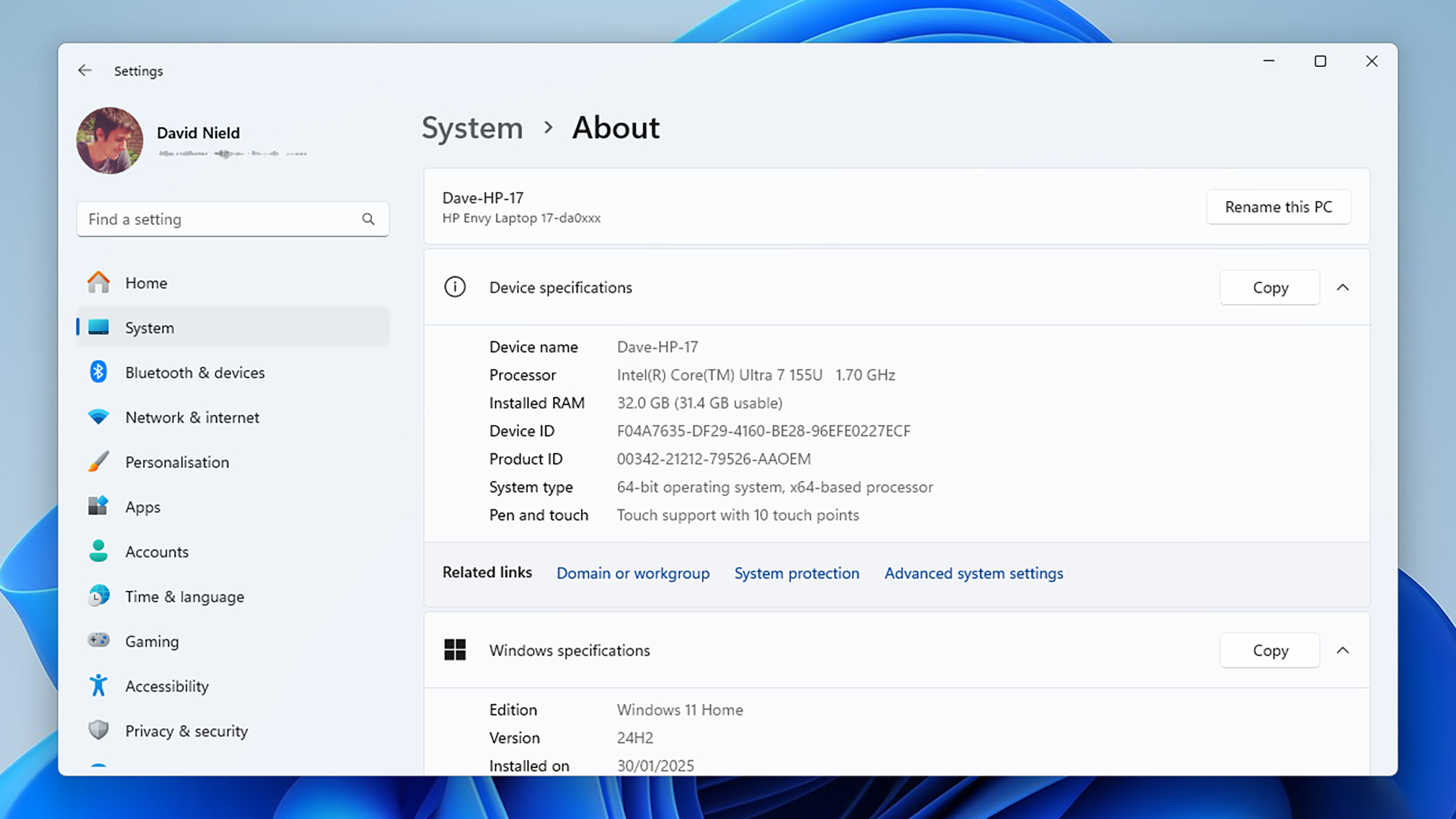Improving PC Performance: Windows 11’s New FAQ Feature
Have you ever found yourself in front of a lagging Windows PC, trying to decipher the reasons behind its sluggishness? Microsoft is currently piloting a new Frequently Asked Questions (FAQ) feature within Windows 11 that aims to analyze your computer’s specifications and provide insights into its performance issues.
This functionality is presently tucked away within the upcoming preview build of Windows; its activation isn’t yet available in the earliest experimental version. However, developer @phantomofearth.bsky.social has successfully navigated these screens and unveiled their workings. This new FAQ resource is expected to reside under the System tab in the Settings menu.
According to the shared screenshots, one of the example queries includes: “Is my GPU adequate for high-performance gaming and video playback? In what ways can a dedicated GPU enhance my overall experience and productivity?” The subsequent response clarifies that having under 4GB of VRAM can adversely affect both performance and visual fidelity.
New Frequently Asked Questions list in Settings > System > About hidden in builds 26120.3576 and 22635.5090. Has some questions related to the Windows version and device specs. (vivetool /enable /id:55305888)
— phantomofearth ⛄ (@phantomofearth.bsky.social) 17 March 2025 at 23:52
Another question addressed is: “What is the effect of having 4-8GB of RAM on my PC’s performance? Will I be able to run current applications smoothly with this amount of RAM?” The response indicates that while basic tasks like document editing and browsing the web will function adequately, demanding operations such as photo and video editing could present challenges.
These FAQ responses are designed to be relevant to individual systems, ensuring users receive tailored information based on their specific configurations. This could prove to be incredibly beneficial in diagnosing what hampers a computer’s performance or in identifying necessary upgrades for specific components.
Nevertheless, it’s important to recognize that many Windows users might lack basic knowledge about RAM or its influence on overall system performance. For these individuals, having an FAQ section could offer significantly more guidance than the current generic list of system specifications.

Credit: DailyHackly
That being said, some of the responses may lack depth (concerns arise regarding whether Microsoft’s Copilot is responsible for crafting them). Statements like “a high-end GPU delivers superior graphics, enhances gameplay fluidity, and accelerates processing” fall short of offering users concrete expectations about the performance enhancements they might experience after an upgrade—specific estimates would be invaluable.
However, increasing the granularity of these FAQs may inadvertently introduce inaccuracies; it’s crucial that Microsoft avoids scenarios where users invest in costly GPU enhancements that yield minimal gains due to pre-existing slow CPUs. Evaluating PC performance and understanding how components interact poses significant complexities, which may explain the current broad nature of these FAQs.
There’s hope that Microsoft can include more detailed information prior to the official rollout of this feature, ensuring clarity without misguidance. It’s essential to recognize that the specifics might evolve as the feature inches closer to launch, and there’s no guarantee it will reach all Windows users. Still, this promising addition has the potential to enrich the user experience by providing better context regarding system specifications.












